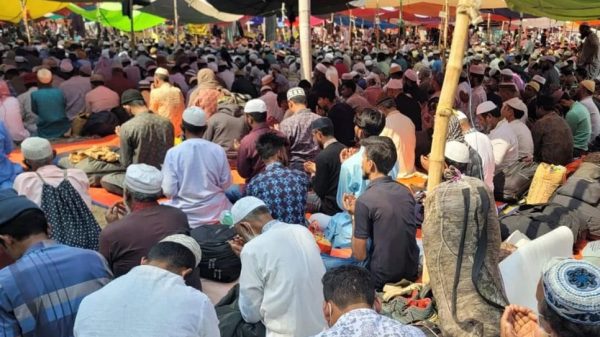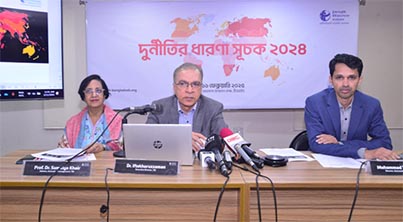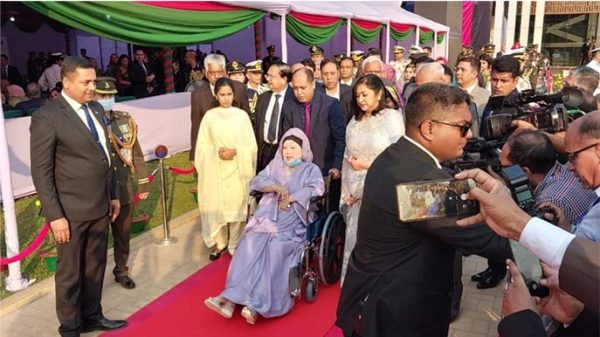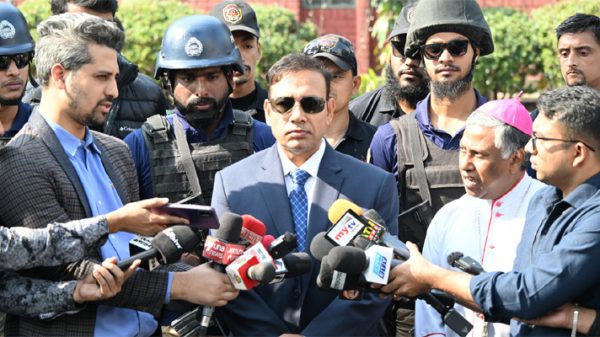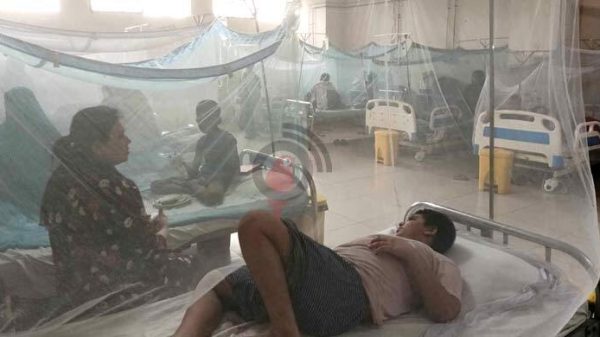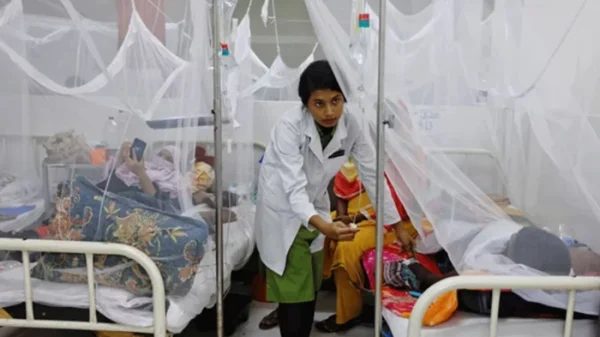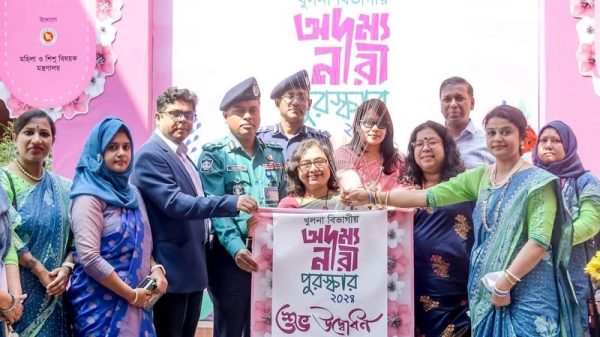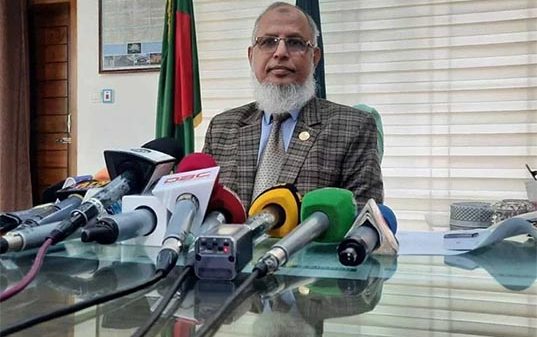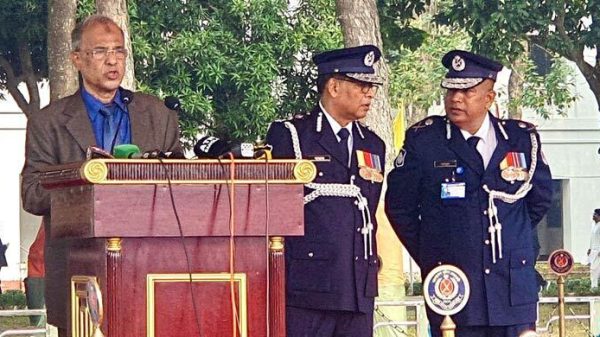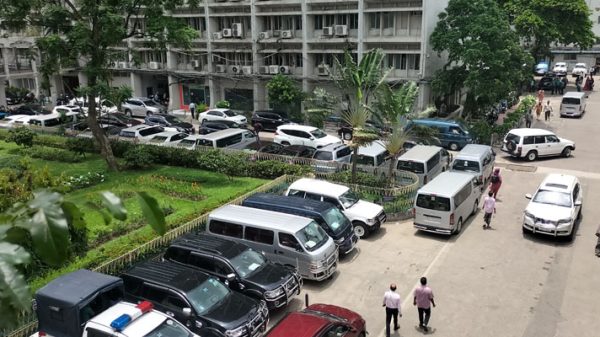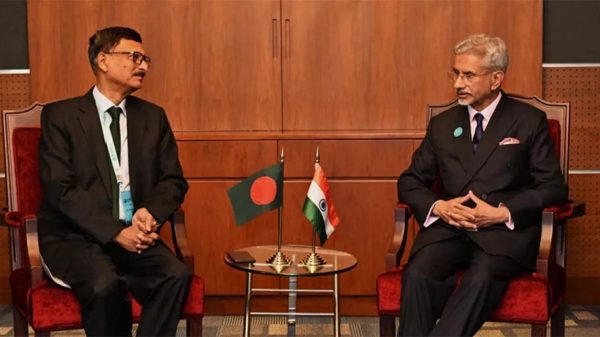Research on Dengue situation in Chittagong reveals important findings

- Update Time : Thursday, 16 November, 2023, 06:24 pm
- 201 Time View
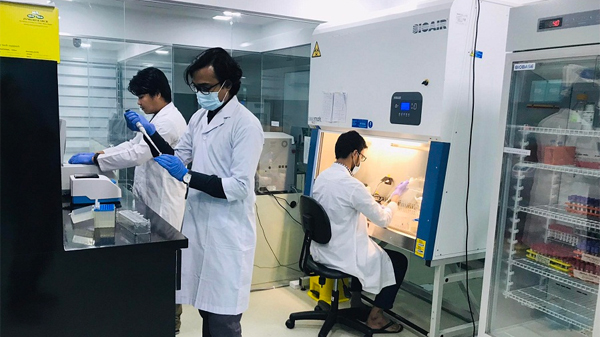
Online Desk: 75% of dengue patients in Chittagong are infected with Dengue 2 serotype. 65% of dengue patients in Chittagong are men and 1 of 5 dengue patients are children. Several areas of Chittagong have been identified as hotspots.
A number of such findings have emerged from the research of 6 organisations, supervised by Asperia Health Research and Development Foundation.
Department of Genetic Engineering and Biotechnology of Chittagong University, Department of Medicine and Pediatric Nephrology of Chittagong Medical College, Chittagong General Hospital, BITID, ICDDRB, and Next Generation Sequencing, Research and Innovation Lab Chittagong studied 1550 dengue patients in Chittagong for the past 4 months. Morbidity, public health implications, virus type, and genome variation of these patients were revealed in the study.
According to the research, fever is prevalent in 99% of patients in Chittagong, but in children, 100% of patients have febrile symptoms.
In addition, dengue is more common among less educated people. 45% of dengue patients in Chittagong had no more than 5th standard (Primary) education.
60% of dengue patients in Chittagong live in 5 areas which are identified as hotspots. The areas are Bakalia, Chawkbazar, Kotwali, Double Mooring, and Baizid Bostami. Also, among the rural areas, the maximum number of patients were found in Sitakundu, Hathhazari, Patia, and Karnaphuli areas.
Moreover, 70% of children were found to have serotype 1 who live in different parts of the city. Dengue serotype 2 is more prevalent among adults in both urban and rural areas which is about 75%.
A lack of awareness has been seen among the patients; 20% of people in Chittagong still do not know that the main reason for dengue is mosquitoes.
40% of dengue patients do not use mosquito nets. The study also found that 5% of people had a previous history of dengue, 11% of people in Chittagong had Den-1 and 14% had Den-3.
The main researchers of the study were Dr. Abdur Rab, Director of Asperia Health Research and Development Foundation and Doctor of the Department of Medicine at Chittagong Medical College; Dr. MA Sattar, Head of the Department of Medicine at Chittagong Medical College; Dr. Abul Faisal from Chittagong Medical College; Dr. Nuruddin Chowdhury and Dr. HM Hamidullah Mehdi from Chittagong General Hospital, Dr. Adnan Mannan, Professor of The Department of Genetic Engineering and Biotechnology at Chittagong University; and Dr. Mustafizur Rahman, scientist of ICDDRB.
The co-researchers of the project were Dr. Maruful Quader, Dr. Noor Mohammad and Hamid Hossain Sagar from Chittagong Medical College; Dr. Zakir Hossain, Lab in Charge of BITID; Dr. Imrul Qaiser from Fatikchari Health Complex, Professor Mohabbat Hossain and Afroza Akhtar Tanbi from The Department of Genetic Engineering and Biotechnology at Chittagong University; Dr. Tarekul Majid from Chittagong General Hospital. The work in the laboratory was conducted by Ishtiaq Uddin Ahmed, Kallan Chakma, Tanzina Akhter, and Ismail Al Rashid.
The entire study was co-ordinated and supervised by Asperia Health Research and Development Foundation. The researchers suggested to take appropriate actions to prevent the situation. The study period of the research was from July to the 2nd week of November.

